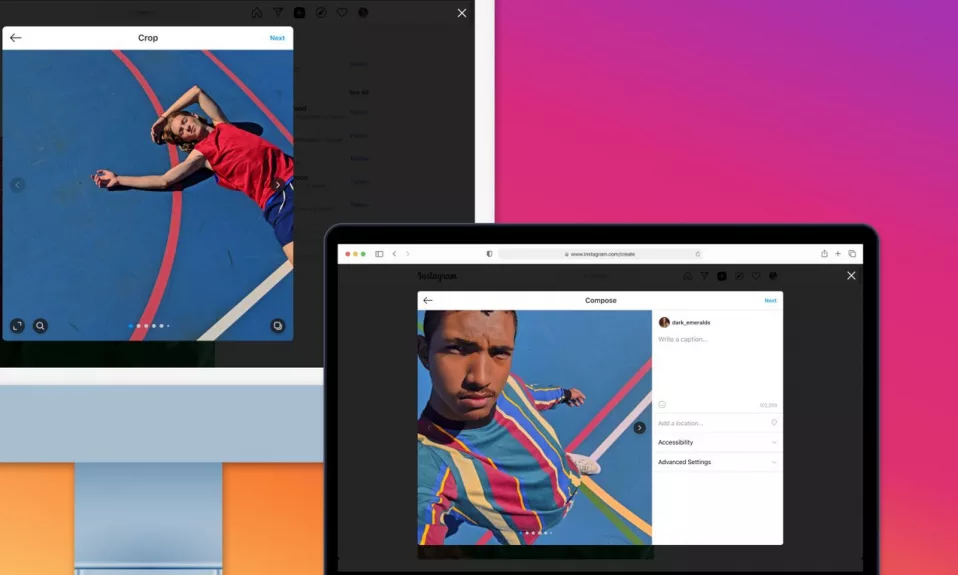The world of social media is ever-changing, and Instagram is no exception. As one of the most popular platforms for sharing images, Instagram has seen numerous trends and everyday practices that come under scrutiny from time to time. Among these practices is reposting content on Instagram – a seemingly harmless act that can lead to many questions about when it’s appropriate, if at all. This in-depth exploration will cover the pros and cons of reposting, etiquette to follow, how it affects your account’s growth, and the various tools available for resharing posts.
To Repost or Not to Repost: The Advantages and Disadvantages
In the fast-paced world of Instagram, users often have mixed opinions about whether reposting should be embraced or avoided. There are potential advantages and disadvantages to consider before deciding if this practice is right for you and your account’s goals.
Pros of Reposting
- Increased engagement: Reposting can boost interactions as people may be more likely to comment, like, or even share the post themselves.
- Broadening your audience: By sharing content from other users (if properly credited), your followers get exposure to varied perspectives and your account becomes more diverse.
- Building relationships: Reposting can help build connections with fellow Instagram influencers, artists, and photographers by acknowledging their work and value.
- Fresh content: Even Instagram curators need a break sometimes; reposting others’ content relieves the pressure of constantly creating original material.
Cons of Reposting
- Copyright infringement: If permission is not obtained before reposting, it can lead to legal and ethical issues stemming from copyright violation.
- Loss of authenticity: An Instagram account filled with mostly reposted content may cause people to question the originality and value of your account.
- Alienating followers: Not everyone appreciates reposts; some users prefer only viewing original content, which may result in unfollows or fewer new followers.
The Importance of Etiquette When Reposting
For individuals who choose to repost, etiquette plays a vital role in maintaining positive relationships within the Instagram community. The following guidelines should be followed to ensure respectful and responsible resharing:
- Always obtain permission from the content’s creator by sending a direct message or commenting on their post.
- Credit the content’s creator properly, using both tags (@username) and hashtags (#username).
- Maintain the integrity of the original post by refraining from making any edits.
- Beyond user-generated content, also consider sharing Instagram’s official posts that have less risk of violating copyright restrictions.
Growing Your Account: Does Reposting Help?
Many Instagram accounts rely heavily on reposting as a staple of their content strategy. While this approach does have the potential to increase growth, it’s important to strike a balance between self-promotion and sharing others’ work. This ensures that despite the benefits of reposting, you still foster an environment of creativity and genuine connections – factors that truly drive long-term engagement and growth.
Finding the Right Mix of Content
A successful Instagram account is built on consistently providing valuable, engaging content – whether original or reposted. Adopting a balanced approach allows for variety and the possibility for your followers to discover new accounts.
One potential strategy could be the 80/20 rule: If 80% of your shared content is original, allow up to 20% for reposts. This ensures your account remains predominantly authentic while still benefiting from some shared content.
Staying Relevant
With millions of active users daily, staying relevant on Instagram is key to steady growth. To capitalize on trends, consider reposting content that aligns with current hot topics or viral stories; this can increase visibility in hashtag feeds and searches, fostering an active and engaged audience.
Tools for Reposting on Instagram
Resharing posts from other accounts can be tricky without proper tools, as Instagram doesn’t have a native “repost” feature. Enterprising developers have created several alternative methods and third-party applications designed specifically for reposting content:
- Screenshot and crop the post, then upload it manually (with credit).
- Utilize third-party apps like Repost for Instagram, Regram, or InstaRepost, which streamline the process by automatically including the original creator’s username, permissions, and copyrights.
Whichever tool you choose, remember to prioritize etiquette and respect for original content-makers in all reposting endeavors, seeking permission and giving proper credit.
Navigating the Complexities of Reposting on Instagram
As shown, there are several factors to weigh when determining if reposting on Instagram is right for you. Whether considering ethical concerns or analyzing how it may affect account growth, numerous aspects must be contemplated before resharing content. However, knowing the ins and outs of reposting etiquette, having a thoughtful content strategy, and employing useful tools can all contribute to finding success in this often-controversial practice.









